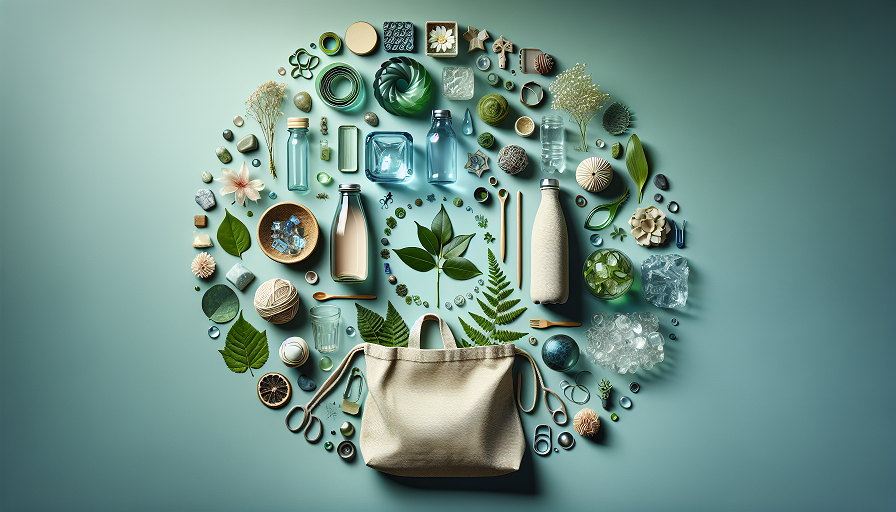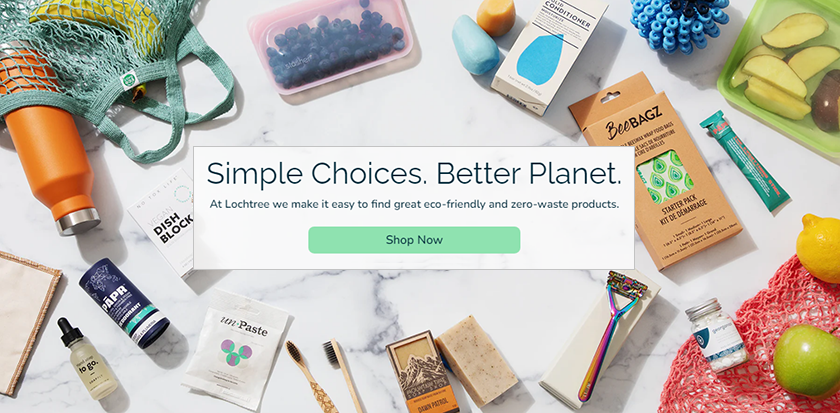
Composting is like nature’s recycling program, transforming your kitchen scraps into nutrient-rich soil that makes gardens flourish. It’s simple, rewarding, and a fantastic way to reduce waste. Whether you’re a gardening newbie or just tired of throwing away food scraps, this guide will help you turn kitchen waste into “garden gold.”
Contents
What Is Composting and Why Does It Matter?
Composting is the process of breaking down organic material—like food scraps and yard waste—into a dark, crumbly substance that’s packed with nutrients. This magical process not only reduces waste but also improves soil health and helps plants thrive.
Reducing Landfill Waste
Food scraps and yard waste make up a significant portion of what we throw away, but they don’t decompose properly in landfills. Instead, they release methane, a potent greenhouse gas. Composting keeps these materials out of landfills, turning them into something useful.
Improving Soil Health
Compost enriches soil, improving its ability to retain moisture and nutrients. It’s like giving your plants a multivitamin, helping them grow strong without synthetic fertilizers. Plus, healthy soil supports a thriving ecosystem of beneficial microbes and insects.
The Basics of Composting
Getting started with composting is easier than it sounds. You just need a mix of organic materials, the right conditions, and a little patience. Here’s how to set up your compost system.
The Three Ingredients of Compost
- Greens: Nitrogen-rich materials like fruit and vegetable scraps, coffee grounds, and grass clippings.
- Browns: Carbon-rich materials like dry leaves, cardboard, paper, and twigs.
- Water: Moisture helps break down materials, but it shouldn’t be soggy—think damp sponge, not swamp.
Getting the right balance of greens and browns is key. A good rule of thumb is a 2:1 ratio of browns to greens. Too many greens, and your pile might smell; too many browns, and it may decompose too slowly.
Choosing a Composting Method
There are different ways to compost, so choose one that fits your space and lifestyle:
- Backyard Pile or Bin: Perfect for those with outdoor space, this method involves creating a pile or using a bin to contain your compost.
- Tumbling Composter: A neat, enclosed option that’s easy to turn and manage, ideal for smaller yards.
- Worm Bin (Vermicomposting): Great for indoors or small spaces, worms do the hard work of breaking down scraps quickly and efficiently.
- Bokashi Composting: A fermentation method for those short on outdoor space, perfect for breaking down all kinds of food scraps, even meat and dairy.
What You Can and Can’t Compost
Knowing what to compost is critical for creating healthy, usable compost. Some items break down beautifully, while others can attract pests or cause problems in your pile.
Compost-Friendly Materials
Here’s what you should add to your compost:
- Fruit and vegetable scraps
- Eggshells
- Coffee grounds and tea bags (remove any non-biodegradable parts)
- Dry leaves, twigs, and grass clippings
- Shredded paper and cardboard
- Plant trimmings
What to Avoid
Keep these items out of your compost pile:
- Meat, dairy, and oily foods (can attract pests)
- Plastic, glass, or metal
- Pet waste (contains harmful pathogens)
- Treated or painted wood
- Weeds with seeds
If you’re unsure about an item, it’s best to leave it out. Composting works best with natural, plant-based materials.
Maintaining Your Compost
Once your compost is set up, it requires a bit of attention to keep things breaking down efficiently. But don’t worry—composting is forgiving, and small mistakes are easy to fix.
Turn Your Pile Regularly
Turning your compost aerates the pile, allowing oxygen to reach the microorganisms that break down materials. Aim to turn your pile every week or two, especially if it starts to smell or isn’t decomposing evenly.
Monitor Moisture Levels
Too dry? Add a bit of water or more green materials. Too wet? Mix in some dry leaves or shredded paper. A healthy compost pile should be damp but not dripping.
Keep an Eye on Temperature
A good compost pile heats up as materials break down, thanks to microbial activity. If your compost isn’t warm, try adding more greens or turning the pile to introduce oxygen. Heat is a sign that things are working as they should!
Using Your Finished Compost
After a few months, your compost will transform into dark, crumbly, soil-like material with an earthy smell. This is your “garden gold,” ready to nourish your plants.
How to Use Compost
Spread a layer of compost over your garden beds, mix it into potting soil, or sprinkle it around plants as a nutrient-rich mulch. Compost improves soil structure, helps retain moisture, and feeds your plants naturally.
Compost Tea for Extra Nutrition
Want to supercharge your plants? Make compost tea by soaking finished compost in water for a day or two, then straining it. Use the liquid to water your plants for an extra dose of nutrients.
Troubleshooting Common Composting Issues
Every compost pile runs into a hiccup now and then, but most problems have simple fixes. Here’s how to handle common challenges:
Why Does My Compost Smell?
A smelly pile often means there are too many greens or it’s too wet. Add more browns, like dry leaves or shredded paper, and turn the pile to aerate it. The smell should disappear quickly.
Why Isn’t My Compost Breaking Down?
Slow decomposition can happen if your pile is too dry, doesn’t have enough greens, or isn’t getting turned often enough. Add moisture, greens, or give it a good stir to get things moving.
What If I Attract Pests?
Pests are usually drawn to meat, dairy, or food scraps left uncovered. Stick to compost-friendly materials, and bury food scraps under a layer of browns to discourage critters.
Closing the Loop with Compost
Composting is one of the simplest ways to reduce waste and support a healthy planet. By turning your kitchen scraps into garden gold, you’re closing the loop on food waste and giving back to the earth. Whether you’re an experienced gardener or just starting out, composting is a habit worth embracing. Happy composting!

